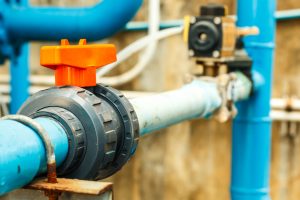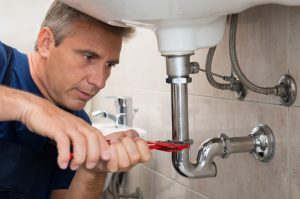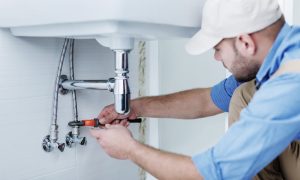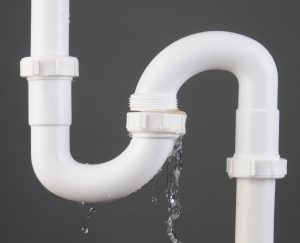 Are you looking for ways to keep your home physically protected from damage, but not sure what you need?
Are you looking for ways to keep your home physically protected from damage, but not sure what you need?
Well, if you don’t like the idea of a sewer water flood damaging your home, then installing a back water valve should be at the top of your priority list.
What is a back water valve?
Backwater valves are installed onto your home sewage line, connecting it to the public sewage line. This valve will prevent sewage or water from flooding into your house in the event that the main sewer line becomes overloaded.
So, how exactly can installing this valve in your home in Toronto help you?
Take a look at the following reasons why back water valves are beneficial for your home.
1. Protect Against Sewer Backups
Installing one of these valves is the best way to offer protection for your main drain line.
No matter how careful you are, no home is completely immune to unexpected sewage backups. Without backwater valves, your home and possessions can be completely ruined by toxic wastewater that can come gushing through the main pipeline.
Installing backwater valves completely alleviates this concern.
2. Protect Against Basement Flooding
The basement is the lowest point of your home, meaning it is the most susceptible to damage in the event of a sewage backup.
Installing one of these devices is the best way to guarantee your basement remains sewage free.
3. Lower Insurance
Interested in getting a lower premium on your homeowner’s insurance?
Install back water valves, and you may be able to do just that.
Call up your insurance company to discuss flood coverage. Find out if major sewer backups are covered and if your basement and cellar are covered as well.
4. Peace of Mind
Perhaps the biggest benefit of installing a valve is the peace of mind it offers.
Insurance for flood coverage can be a bit tricky. Flood coverage doesn’t necessarily mean you are covered for all types of floods.
For example, an insurance company may cover natural disaster flooding, but not flooding due to a plumbing malfunction or due to a backup that occurred from heavy rains.
The best way to make sure you’re covered isn’t to buy a bunch of different types of flood insurance. Stick with one insurance, and then install backwater valves for the ultimate protection and peace of mind.
5. Save Money
It may seem like you are spending more money by installing valves and purchasing insurance, but trust us, these are small prices to pay in the event that a flood actually occurs.
The amount of money required to replace damaged belongings and hire a professional cleanup crew is way more than it cost to install valves.
Back Water Valve Wrap Up
Without back water valves, your home is it a much greater risk of suffering damage from flooding. Dealing with this kind of damage is both costly and inconvenient, not to mention dangerous and emotionally draining.
If you are interested in installing backwater valves in your home, contact us today. We can take care of installation so you don’t have to suffer later on.

 Backflow refers to the situation in which water goes in the reverse direction in your plumbing system and it’s a serious problem when it happens. Here are 5 backflow prevention tips to avoid it.
Backflow refers to the situation in which water goes in the reverse direction in your plumbing system and it’s a serious problem when it happens. Here are 5 backflow prevention tips to avoid it.

 A plumbing emergency in your home isn’t just unpleasant – it can also be
A plumbing emergency in your home isn’t just unpleasant – it can also be